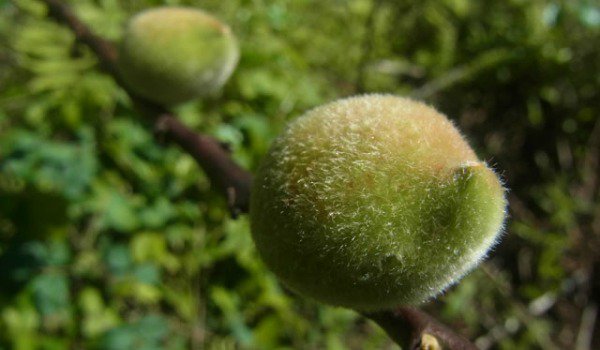With somewhere around 175 species of mosquitos found in the United States, these insects can really be a concern, especially if you are out and about with your children in warm weather, or if you seem to be a buffet for these blood sucking insects.
While a store-bought mosquito repellent can be effective, it also can be infused with chemicals that could be dangerous to you or your child. Thankfully, there are several herbs that can protect you and your family against unwanted mosquito bites. Here are three mosquito control herbs that are easy to grow and beneficial in protecting yourself against mosquitos and other biting insects.
Lemon Balm
Lemon balm is an herb from the mint family and is very effective in controlling the mosquito population around your home. Plant this herb around your porch or patio areas to limit the number of mosquitos entering the area. Mosquitos do not like the smell or the flavor of lemon balm. Yet, it has a very fragrant lemony smell that is a pleasing to most humans. You can also crush the leaves and then rub the leaves over your skin to protect yourself or your children from mosquito bites. As a bonus, lemon balm has been shown to improve digestion and alleviate stress and anxiety. It can also relieve cold sores or fever blisters. A lemon balm tea can also calm an upset stomach or sooth colic in an infant.
Lavender
Lavender is also a member of the mint family (believe it or not) and has a lovely smell and delicate flowers. While many of our beauty and cleaning products are scented with lavender, you can also grow your own to naturally repel insects in your yard or garden, and when they are mature, they can be dried and used in DIY products that repel insects as well. Mosquitos do not like the smell of lavender and will naturally avoid it. When harvested dried lavender flowers can be mixed with white wine vinegar to make your own natural bug repellant. Lavender is also a lovely addition to any garden giving both practical and aesthetic to this little herb.
Peppermint
Another member of the mint family, peppermint is easy to grow and can be applied directly to the skin to help prevent bites from mosquitos. Just crush the leaves and rub the resulting juice on your skin. If you do get bitten by a mosquito, peppermint can also help relieve the itching that can result. Peppermint is a great addition to any herb garden. Peppermint tea has also been shown effective in helping with tummy aches and other digestive problems. Fresh or dried, this herb is also good for flavoring fruits and salads.
These three mosquito repellent herbs are all easy to grow and add to your herb garden. They also will help you control mosquitos both in your yard and on your skin.







